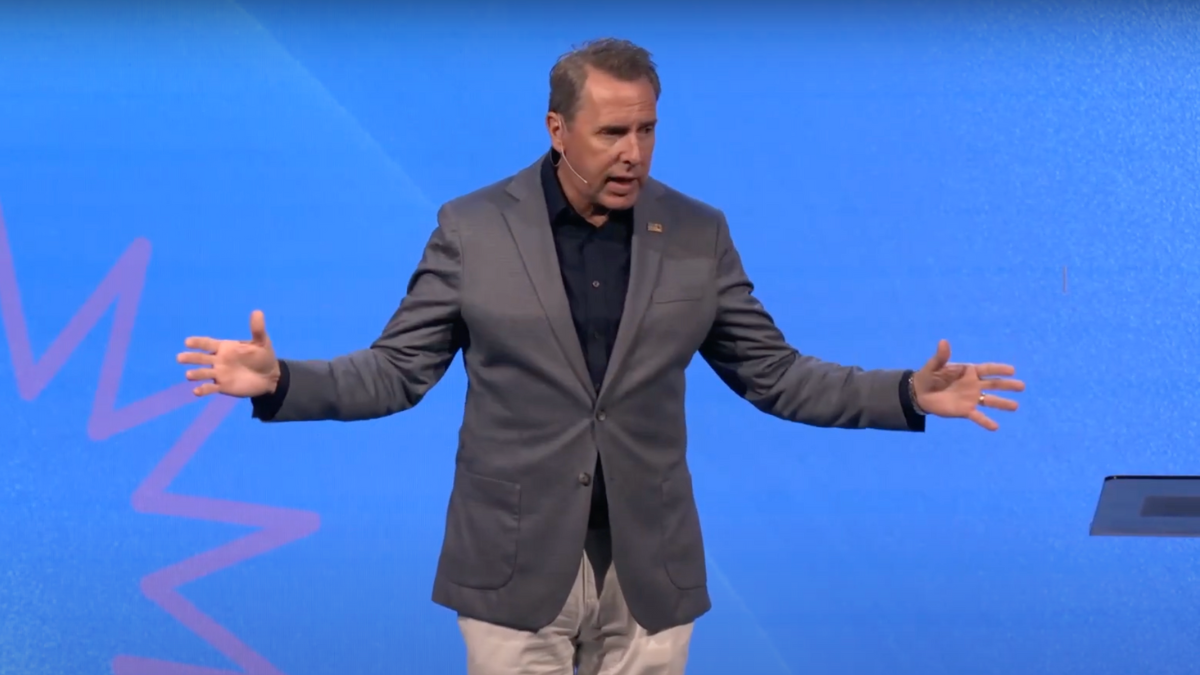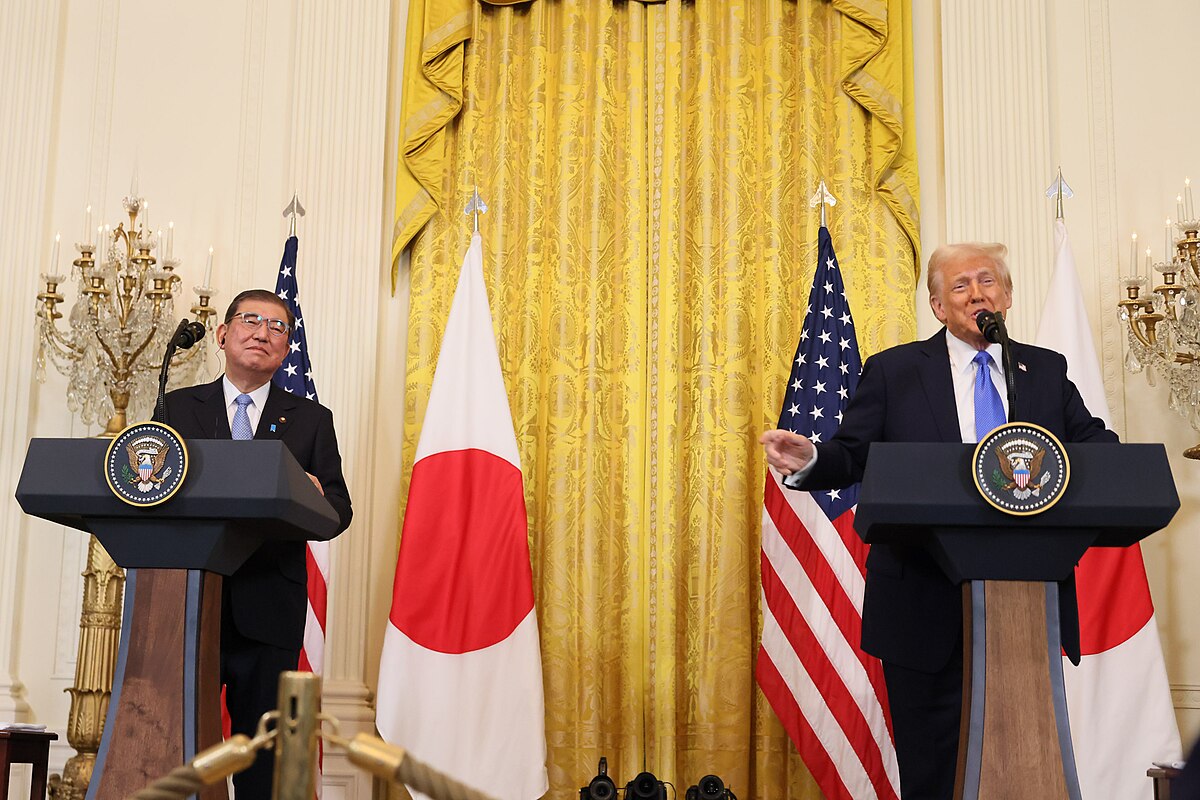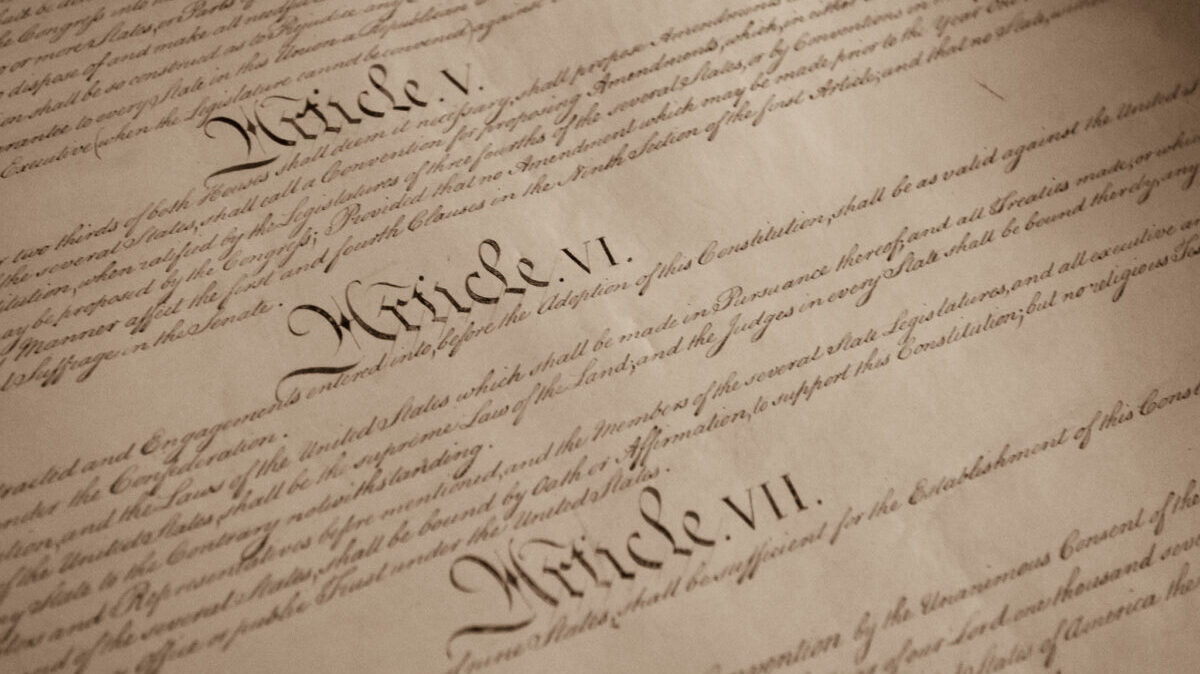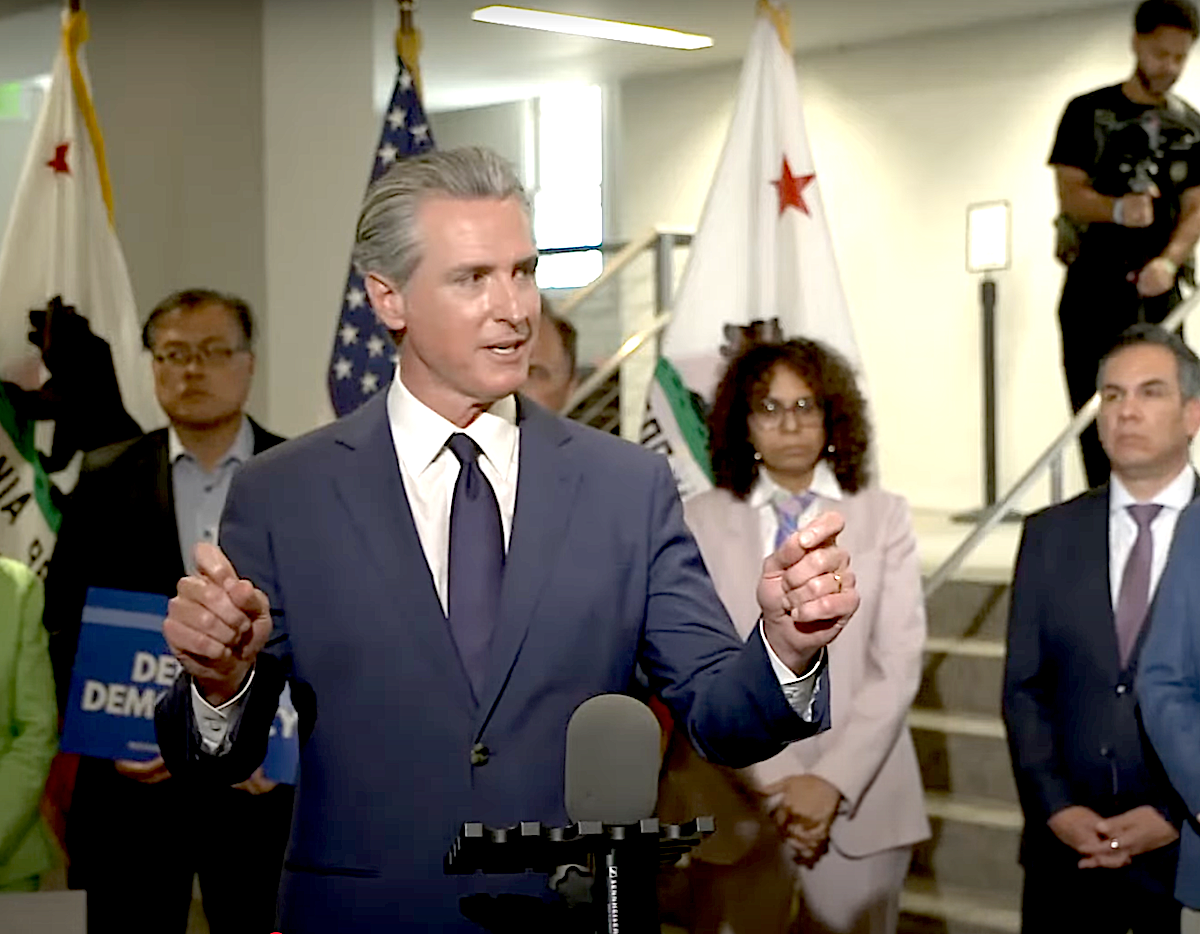The Senate’s delay in confirming nominees is impacting U.S. foreign policy, particularly in the area of international religious freedom. President Trump nominated Mark Walker, a pastor and former Congressman, to serve as the International Religious Freedom Ambassador in April. This position is crucial for advocating on behalf of persecuted individuals, especially Christians, around the world.
Walker’s role would focus on cases like that of a Nigerian Christian known as David, who faced severe persecution for his faith. After helping two women convert from Islam to Christianity, David was detained and tortured by militants. He was later wrongfully convicted and sentenced to nine years in prison but was ultimately acquitted after a long legal battle.
The situation for Christians in Northern Nigeria remains dire, with thousands killed annually by terrorists. Reports indicate that over 7,000 Christians have been murdered in Nigeria this year alone. While there are advocates working to assist persecuted Christians globally, the United States has a unique capacity to influence change and promote religious freedom.
Despite the challenges, the Trump administration aims to prioritize religious freedom as a core component of U.S. foreign policy. The International Religious Freedom Act, established over 25 years ago, underscores America’s commitment to this cause. However, the Biden administration has been criticized for neglecting the issue, particularly in Nigeria.
The Senate’s confirmation of Walker is seen as essential for the administration to effectively address ongoing persecution. Without an ambassador, the U.S. is limited in its ability to respond to the systematic violations of religious freedom occurring in various countries.
The White House is reportedly exploring ways to support religious freedom abroad, especially in light of frequent attacks against Christians. The Senate is urged to act quickly to confirm the International Religious Freedom Ambassador, as the stakes are high for those facing persecution.
The International Religious Freedom Office should maintain its prominence within the U.S. human rights framework. Upholding religious freedom, along with other fundamental rights, is considered vital to America’s identity and values.
Advocates argue that while it may not be possible to completely eradicate persecution, the U.S. can take significant steps to alleviate the suffering of individuals like David. The Trump administration is working to implement a foreign policy that prioritizes religious freedom and addresses the persecution of Christians worldwide.
READ ICE Arrests Convicted Criminals in Nationwide Operation



